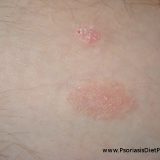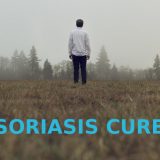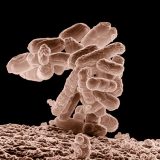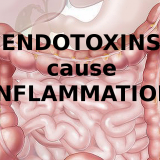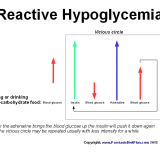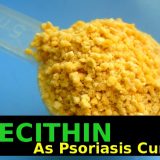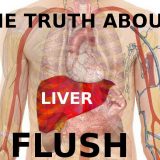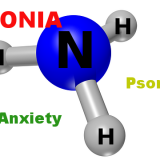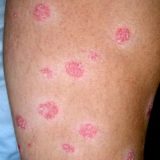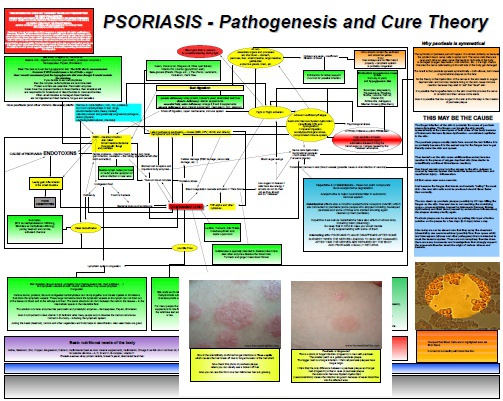Psoriasis, Ray Peat, Liver
Psoriasis pathogenesis involves the liver problems – there is no doubt about it! But how exactly do liver functions deteriorate to the point of developing psoriasis in persons who lived a relatively healthy or average lifestyle? I mean no alcohol, not heavily overeating on sugar and no drugs… Psoriasis and Liver: Ray Peat On Liver Health Ray Peat will tell you why and how liver functions start to lack. Sure, emotional stress or diet low in nutrients is at the…


